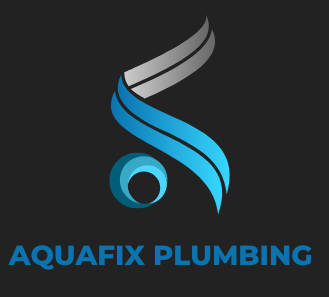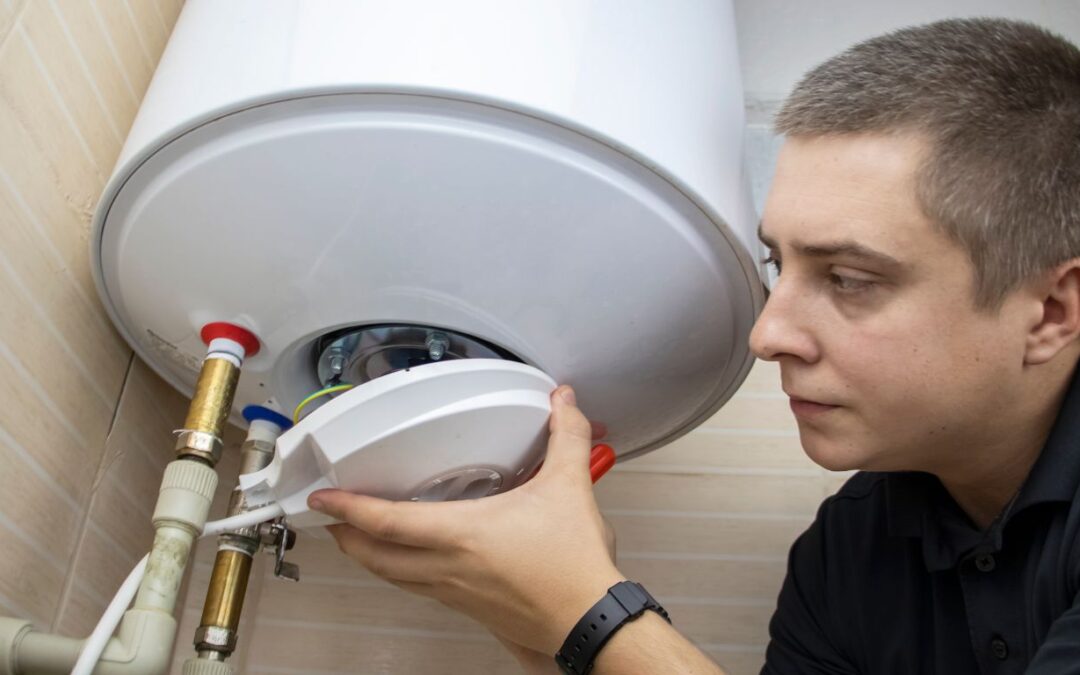Choosing the right geyser for your home in Durban can be overwhelming. With various options available, it’s crucial to understand what suits your needs. The climate, water usage, and energy efficiency all play a vital role. In this blog post, we’ll break down the factors to consider when selecting a geyser. We aim to help you make an informed decision that will keep your showers warm and your energy bills in check. Let’s dive into the essentials of geyser selection.
Understanding the Options
- Electric Geysers: The most common type, these geysers heat water using electricity. They are budget-friendly to purchase but can lead to high energy bills.
- Solar Geysers: Harnessing the sun’s power, these offer long-term savings and eco-friendliness despite a larger initial investment.
- Gas Geysers: Powered by natural gas or LPG, these provide quick heating but need proper ventilation and gas installation.
- Heat Pump Geysers: Incredibly energy-efficient, these extract heat from the air to warm the water, but they do come with a higher upfront cost.
Factors to consider
- Energy Efficiency: With rising electricity costs in South Africa, efficiency is key. Consider the geyser’s rating and potential savings.
- Installation Costs: Factor in installation expenses, which can fluctuate depending on the type and your plumbing.
- Operating Costs: Think beyond the purchase price; consider ongoing energy use and maintenance.
- Environmental Impact: Choose a geyser with low emissions if you want to reduce your carbon footprint.
Weighing the Options
Weighing the Options
Electric Geysers
- Benefits: Affordable upfront, easy installation, widely available.
- Drawbacks: High operating costs, less efficient, vulnerable to power outages.
Solar Geysers
- Advantages: Drastically reduce energy bills in sunny Durban, eco-friendly, long lifespan.
- Challenges: High initial cost, reliant on sunlight, need roof space.
Gas Geysers
- Pluses: Fast heating, unaffected by power cuts, lower operating costs than electric.
- Minuses: Need a gas installer, safety concerns (leaks, carbon monoxide), ventilation is key.
Heat Pump Geysers:
- Upsides: Most energy-efficient, eco-friendly, ideal for Durban’s climate.
- Downsides: High upfront cost, slower heating, may need extra space.
Your Hot Water Needs
- Household Size: The bigger your house , the more you will need a geyser with higher capacity.
- Durban’s Climate: The warm weather may mean you need less hot water.
- Usage: Consider how often and for what you use hot water (showers, baths, laundry).
Long-Term Costs
- Initial vs. Long-Term: Some geysers save money in the long run despite a higher upfront cost.
- Maintenance: Factor in potential maintenance and repair expenses.
Making the Choice
The ideal geyser depends on your needs, budget, and priorities. If cost is your main concern, an electric geyser might work. If you prioritize long-term savings and eco-friendliness, solar or heat pump are great options. If you need on-demand hot water regardless of power cuts, a gas geyser could be suitable.
Weigh the options carefully, consider your hot water use, and factor in Durban’s climate and energy costs. Consult a plumber or solar installer for personalized advice.
By making an informed decision, you’ll enjoy hot water comfortably and efficiently for years, save money, and minimize your environmental impact.



Recent Comments